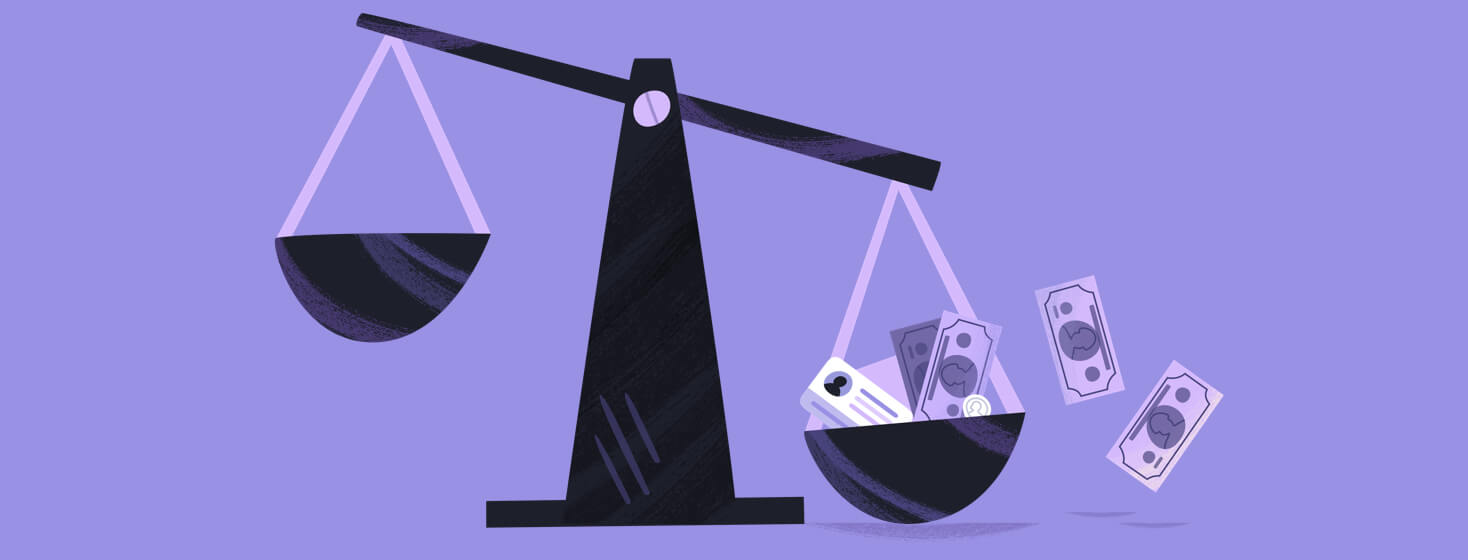What Do Disparities Look Like When Living With Psoriatic Arthritis?
As a person who has lived with this illness for decades, I believe I have earned the right to say that I certainly have learned a few things. I have been through on this journey that truly has tested my resilience and my patience.
Defining disparity
A “health disparity” refers to a higher burden of illness, injury, disability, or mortality experienced by one group relative to another. A “health care disparity” typically refers to differences between groups in health insurance coverage, access to and use of care, and quality of care.
Is location a disparity?
Psoriatic arthritis affects some of us who have psoriasis. Psoriasis is an inflammatory disease and requires proper and specialized care. The number of practicing dermatologists has gone up in recent years.
Dermatologists and rheumatologists have grown to be rare in rural areas because younger dermatologists are working in urban areas. I grew up with one doctor for the first 25 years of my life. I was his first psoriasis patient. The word psoriatic arthritis was never in this equation.
Economics & race
Access to good medical insurance coverage is a determining factor in the treatments and the quality of life that a patient will enjoy. It’s always been like this. Poor medical cover results in higher levels of undiagnosed cases.
This disease is most prevalent in Caucasian people. It’s common in minorities, other groups of people are more aware of it. Minorities tend to suffer more severe symptoms. I have talked to many people who never heard of some of the new drugs that we have now.
Weather
Weather can dry out our skin and cause a flare-up. Most patients prefer hot dry weather as it seems to control symptoms. In this weather, flare-ups are not as common. I remember telling my mother at the age of 10, that the cold makes me hurt. This was 50 years ago.
Now we have all these smart people telling us that the cold takes the moisture out of our skin causing us to flare. I told my doctor at the age of 12 that the sun made me feel better. He said, maybe it does and that was that.
Stress
We all know that having PsA is enough reason to be stressed. High-stress levels have been known to trigger flare-ups. Easing muscle tension, long walks, baths, and other relaxation techniques can help lower stress levels.
Stress can make our pain worst which causes us not to sleep and feel tired all the time.
Obesity & food
I have been hearing this for years to lose weight. I decided to try it. It’s a known fact by medical experts that being overweight can increase and can stop your medication from working its fullest.
I did lose 40 pounds and I must say I do feel better. Was it the weight or was it eating better? My doctor told me that fat cells seem to agitate flare-ups. Saturated fats have been known to trigger inflammation. The foods that are recommended are fish rich in Omega 3 fatty acids and whole grains foods because of their fiber.
Stigma
People can be quite insensitive to us with a chronic illness. They think we’re lazy and don’t want to work. They don't see our invisible illness.
This can cause shame and make us self-conscious. We need to raise awareness about this condition.
Disparities in psoriatic treatment
Addressing disparities in health and health care is important not only from an equity standpoint but also for improving health more broadly by achieving improvements in overall quality of care and population health.
Some treatments don’t always work. Persons with severe cases cannot adequately manage the disease with pills. It’s quite clear that one of the most prevalent disparities for patients is their socio-economic status.
Lower-income people remain undertreated. They don't have the ability to have access that allows for out of pocket payments for biologics. I was supposed to have “good” insurance. After I got past the step therapy process; I was told my co-pay was $5,100. I really understand why people run and hide, I would too!

Join the conversation